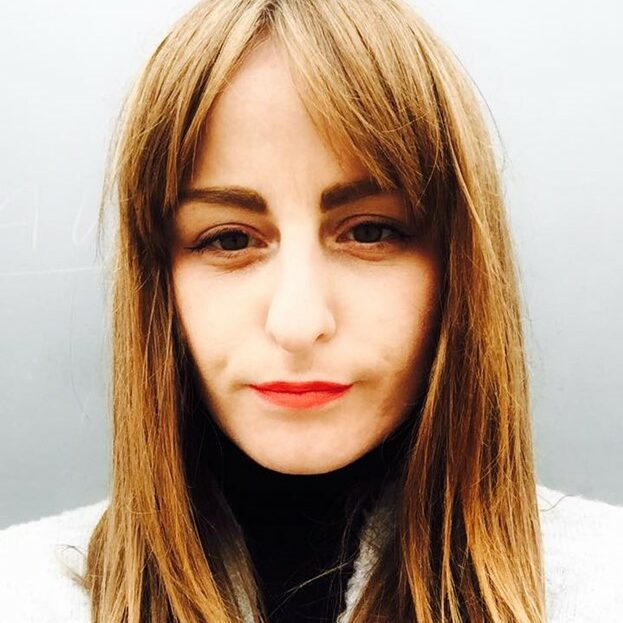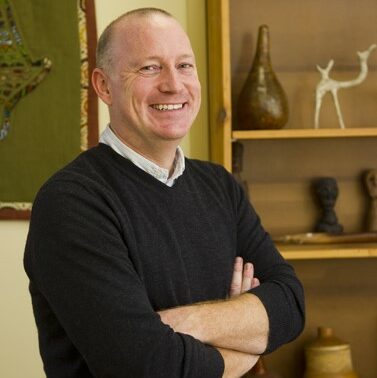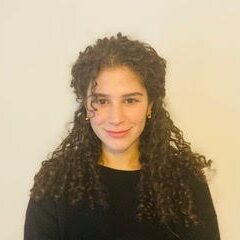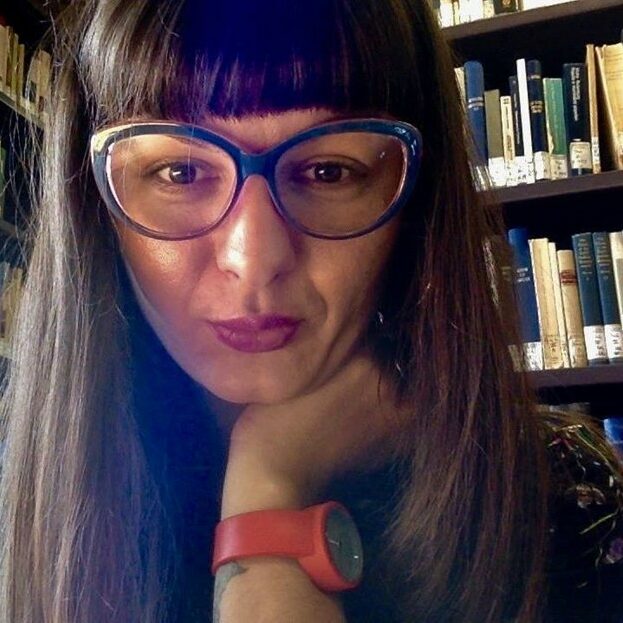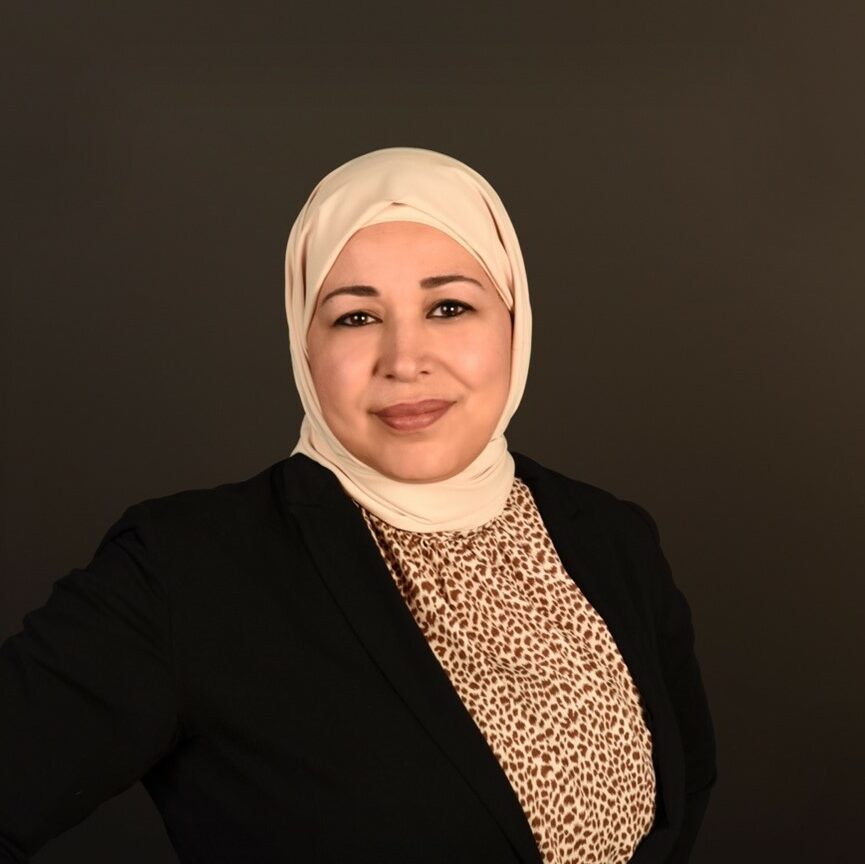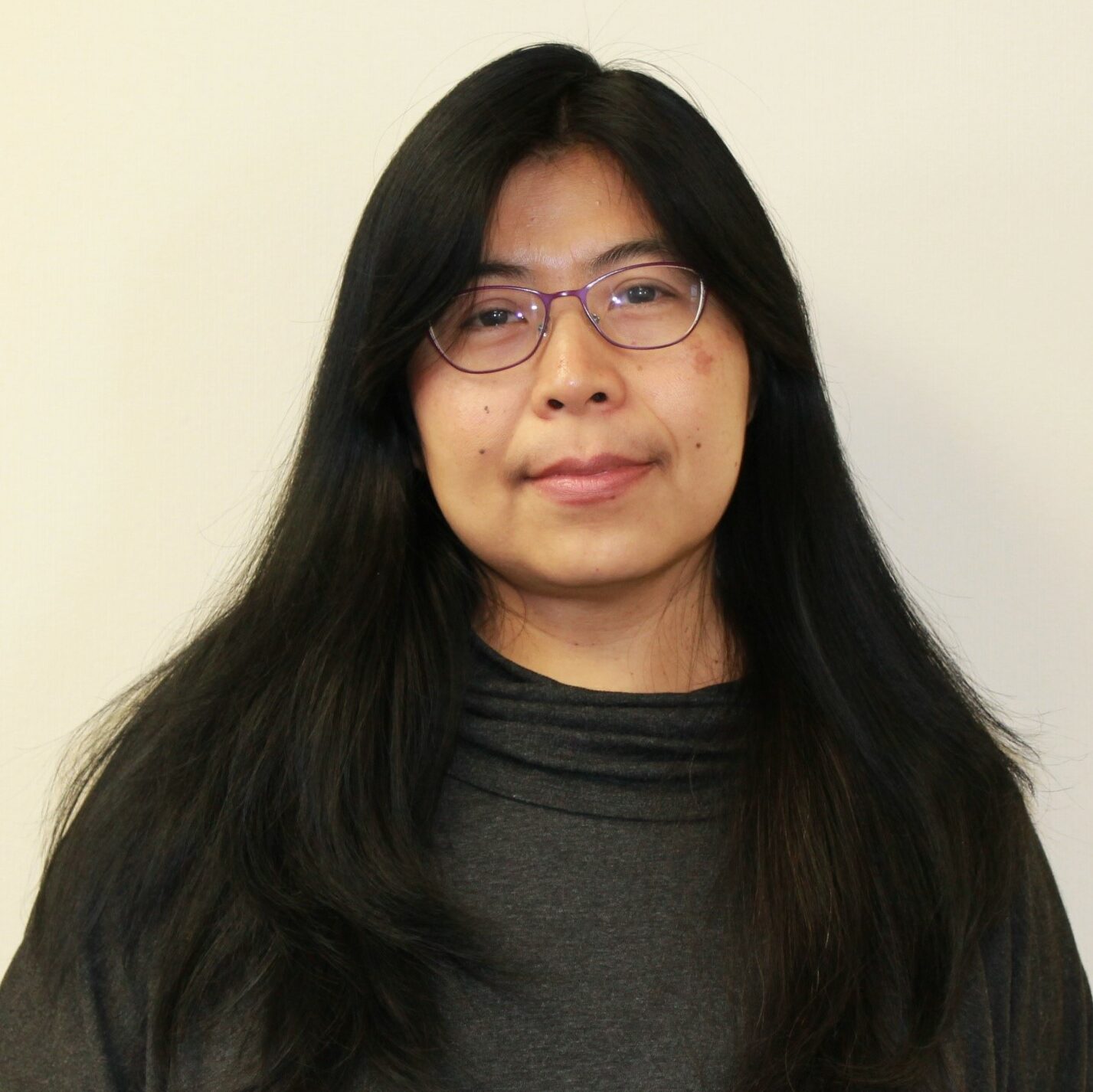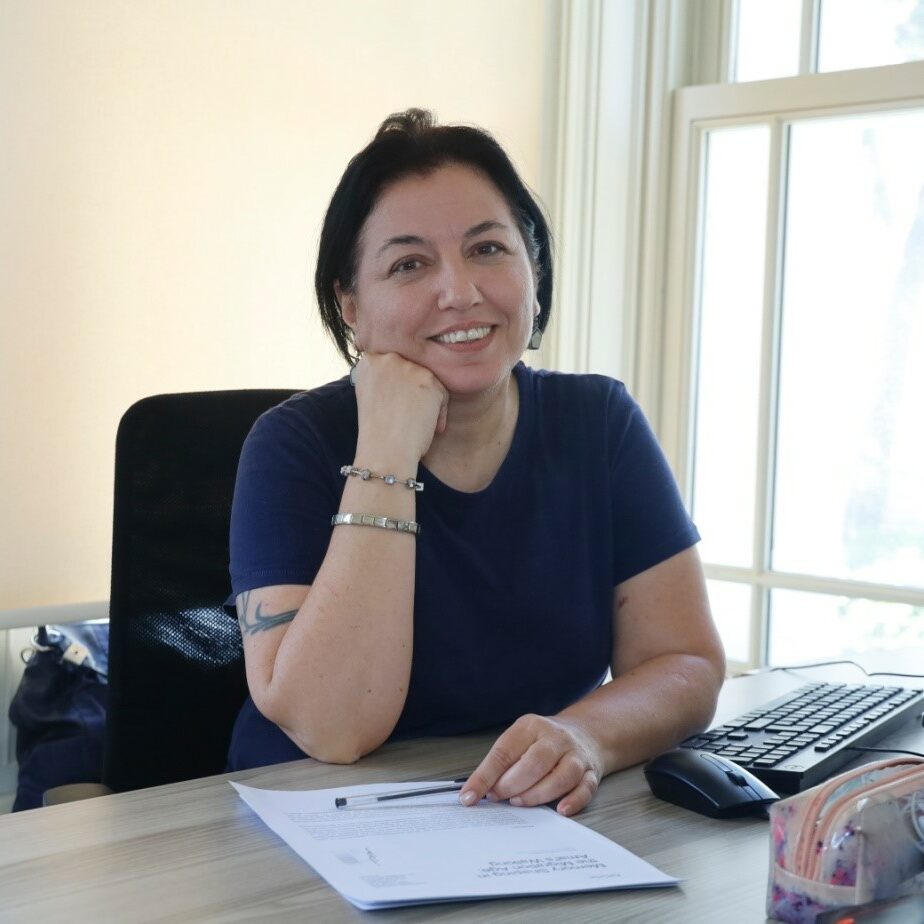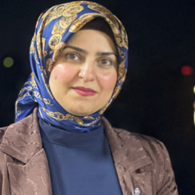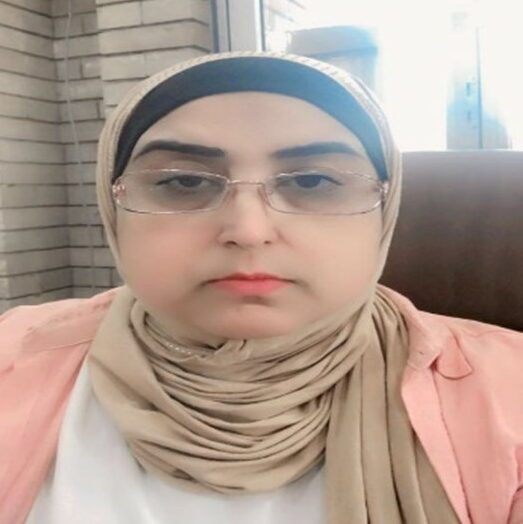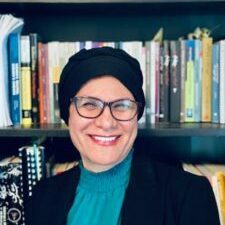The research cluster on Identity, Home and Belonging first emerged informally in 2020 through the collaborative efforts of emerging and established scholars from different disciplines, all associates of the Centre for Feminist Research at York University. The research cluster brings together academic researchers, practitioners, graduate and undergraduate students seeking to understand gender-based interpretations of identity, home and belonging, emphasizing an integrative anti-racist and anti-colonial feminist perspective. In particular, the concepts of identity, home and belonging are problematized by local, national and international power structures, including patriarchy, imperialism and colonialism, racisms and neo-liberalism. Although often understood as personal spaces, an integrative anti-racist feminist and anti-colonial perspective recognizes that identity, home and belonging are all informed by these national and international structures of unequal power.
We follow contemporary anti-racist and anti-colonial feminist geographers in analysing: “(1) the ways that identity, home and belonging are shaped by their location in space, whether conceived of at the level of the household, the nation or globally; (2) the ways in which specific places become imbued with particular social meanings; and (3) "the ways in which meanings and representation associated with certain places are contested, negotiated, and transformed through individual and collective action” (Falah and Nagel, 2005, p. 4). Thus, we understand identity, home and belonging as spaces that are shaped by and given contested meanings within unequal patriarchal, racialized, colonial contexts.
Furthermore, we emphasize that “feminist practice can render permeable the boundaries between classrooms and communities, research and lived experience, academic and everyday knowers (Addleson & Potter, 1991, p. 275). In this way we include and integrate many forms of knowledge and ways of knowing, scholarly, activist and from lay people, while expanding our understanding of identity formation, home and modes of belonging.
The objectives of this research cluster are as follows:
- To provide spaces in which members are invited to critically query, reflect on, discuss issues of identity, home, and belonging.
- To interrogate how identity, home and belonging are shaped by structural inequalities and (re)produced through gender relations and roles in the neo-liberal, (post)colonial and globalized era, as well as the ways that women challenge these inequities in their own struggles to give meaning to their identities, homes and belonging.
- To challenge modes of oppression that have defined the personal and social spaces and relationships of identity, home and belonging; in particular, to appeal to decolonizing, cosmopolitan, antiracist, indigenous and other practices as methods for women to reinvent their sense of self, connect to their own memory, their home space and how they choose to belong in a local, national or global community.
- To advance feminist research activities on gender, race, class, indigeneity, disability, sexuality, and other women's issues relevant to identity, home and belonging.
- To contribute to the development of empowering initiatives at a local, national and international level, through the sharing of our experiences, memories, knowledges and resources and by encouraging discussion between academics, activists and members of our communities.
Additionally, activities of this cluster will include the following:
- Meeting periodically to share their research interests, questions, findings and other concerns relevant to the foci of this research cluster.
- Producing and sharing knowledge nationally and/or internationally as well as within and beyond the academy through events held annually, such as workshops, panel discussions, symposiums and conferences.
- Working towards collectively publishing their work.
References
Addleson, K., and E. Potter (1991). “Making Knowledge.” In (En)Gendering Knowledge: Feminists in Academe, edited by J. Hartman and E. Messer-Davidow, pp. 259-77. Knoxville: University of Tennessee Press.
Falah, Ghazi-Walid & Nagel, Caroline (2005). Geographies of Muslim Women: Gender, Religion and Space, New York: The Guilford Press
hooks, b. (2009). Belonging, A culture of place. New York, Routledge Press.
McKittrick, K. (2006). Demonic Grounds: Black Women and the Cartographies of Struggle. Minneapolis: University of Minnesota Press.
Past Events
Women's Voices from Conflict Zones: Experiencing, Understanding, and Embodying Identity, Home, and Belonging in Diaspora & War Zones
Date: June 16, 2023
Time: 10:00am – 1:30pm EDT
Location: Online
Register: https://yorku.zoom.us/meeting/register/tJMvduGrpzIiHtHsqgEZJ_Zlm7DlyfXEpIxh
Diaspora triggers an intense articulation of identity, belonging, and home. These three fundamentals are intertwined and inseparable. In the diaspora, and migration the once-considered stable identity experiences tremor as individuals or communities undergo the travail of uprooting, dispossession, displacement, marginalization, and ignorance. As the diaspora is surrendered by others who claim the shared and fluid space specifically in mainstream culture, the issue of identity comes to the forefront and becomes a contested issue. Diaspora brings instability and fluidity to the notion of self and leads to such questions as: “Who am I” or “Who are we?” or conversely “who are they?” Moreover, the question of where I belong and where is my home are critical questions, that lead to human rights, privilege, and the concept of citizenship. As the result, for many women experiencing war and conflict in their home country, the concepts of home, identity, and belonging are complicated and multi-layered.
A deep understanding of the women’s story is the first step towards solidarity and empowerment, and it strengthens the sense of global sisterhood. This one-day seminar endeavors to collate and curate the narratives and stories of female migrants and refugees from war and conflict zone countries, to create synergy and solidarity to jointly overcome the main struggles and challenges that these women are facing. To shape this solidarity, we will collaborate with academics, activists, artists, and local leaders to ethically and carefully platform the processes and plight of migration and female refugees. Consequently, this seminar, has aim to build upon the scholarship of contemporary Integrative anti-racist, anti/post-colonial feminist perspective and transnational feminism of geographers and other social scientists to discuss the relationship between women’s experience of living in conflict and war zones and their sense of belonging and identity in North American host societies, such as Canada and the United States, however, the other host societies are strongly welcome.
Our panelists will elaborate women’s experiences from Afghanistan, Bosnia & Herzegovina, Iran, Iraq, Myanmar, Rwanda/Congo, Sudan, and Turkey, and they are in the hopes of imagining and working towards a world that is safe for women, family, and next generation.
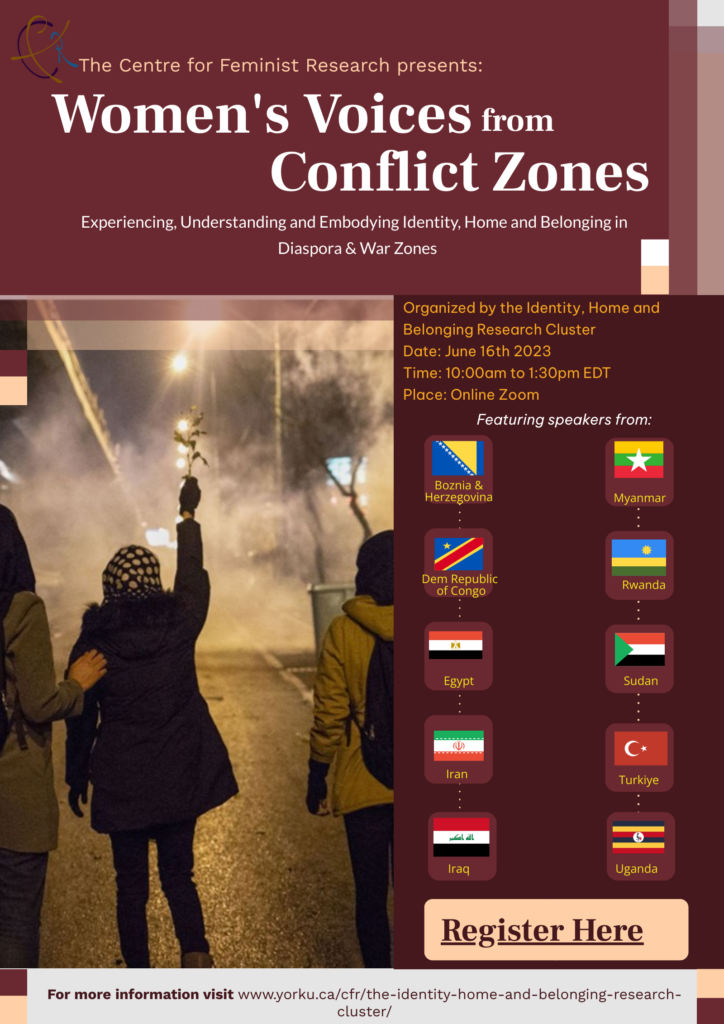
Speakers
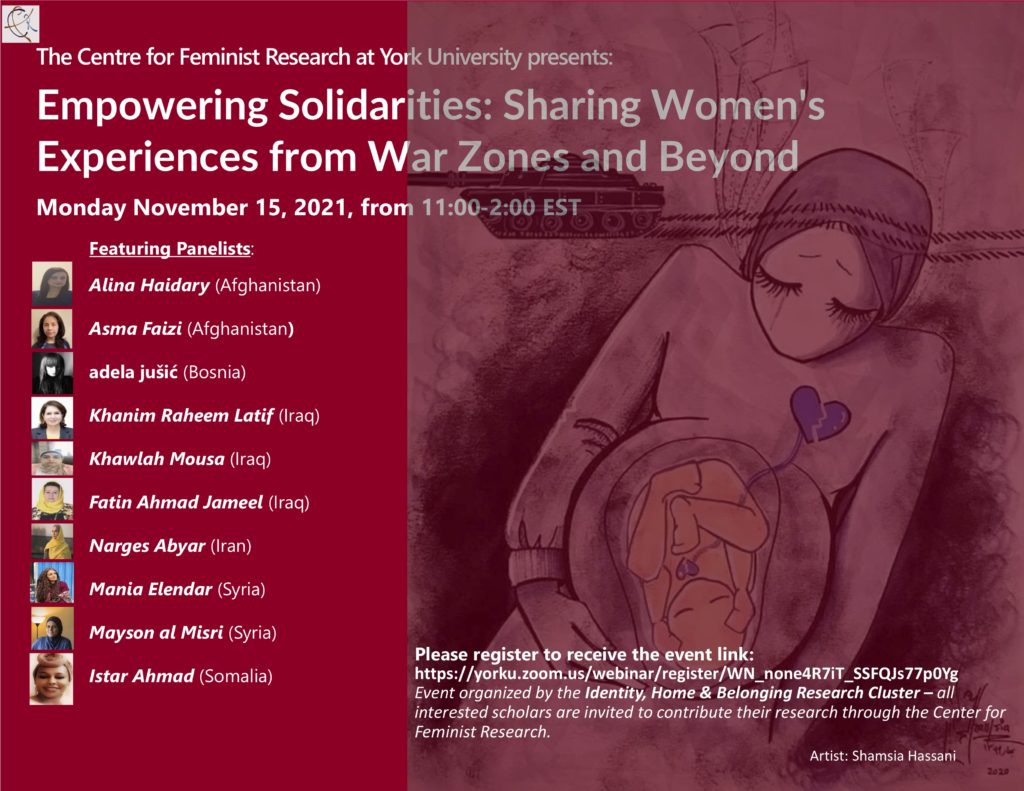
Empowering Solidarities: Sharing Women's Experiences from War Zones and Beyond
Date: November 15, 2021
Time: 11:00 am – 2:00 pm (EST)
Join CFR Visiting Scholars Dr. Zahra Hojati & Dr. Fazileh Dadvar-Khani as they host a roundtable discussion of women’s experiences in war zones, from Afghanistan, Iraq, Syria, Bosnia, Somalia, and Iran.
With speakers: Alina Haidary, Asma Faizi, Adela Jusic,
Narges Abyar, Khanim Raheem Latif, Khawlah Mousa M. Ali Al-Khazraji,
Fatina Ahmad Jameel, Istar Ahmad, Mania Elendari, and Mayson Al-Misri.
See speaker bios here.
The goal of this roundtable was to achieve a collective voice from authorities, activists, scholars, and average women who have experience in conflict zones, from countries such as Afghanistan, Iran, Iraq, Syria, Somalia, Bosnia and Herzegovina, and Yugoslavia. This initiating global gathering and sharing of experiences will increase capacity building of women/people who suffer because of war, conflicts, and the consequences of both, such as a fearful environment, to share and learn the ways they can empower themselves.
We strongly believe there is a need to promote women’s leadership as peace-makers in the world in order to have a better and safer place to live, regardless of the race, gender, culture and religion.
Researchers
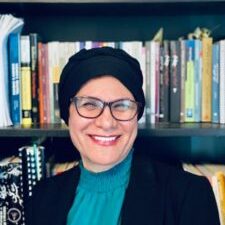
Dr. Zahra Hojati is the co-founder of the Home, Identity, and Belonging Research Cluster at York University. She earned her doctoral degree in an interdisciplinary program in Higher Education/ Women and Gender Studies from OISE, University of Toronto. Her research and teaching (at Toronto Metropolitan University and University of Toronto) adopts an integrative anti-racist feminist and anti-colonial perspective, exploring the intersection of capitalism and patriarchy in the oppression of Middle Eastern women across both the Global North and South. Dr. Hojati utilizes the intersectionality of gender, with race, religion, and all other social inequalities, to investigate how state-nation relationships are shaped by migration and refugee movements, and how these dynamics contribute to the (re)production of social inequality. Her work illustrates the complexities of identity and belonging, particularly for immigrants and refugees facing displacement.
In 2013, Dr. Hojati published a book on Iranian immigrant women, which was translated into Farsi in 2018. She also serves as an Honorary Editor and Reviewer for the British Women’s Studies Journal and the IJBSS in the UK. Additionally, Dr. Hojati is a Research Associate at CFR, where she focuses on the impact of war in the Middle East on women, and is actively engaged in charitable work both nationally and internationally.
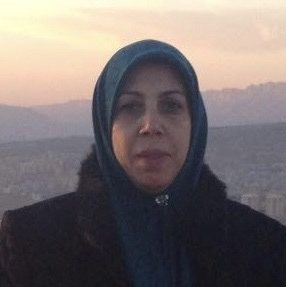
Dr. Fazileh Dadvar-Khani is an associate researcher at York University and co-founder of the Home, Identity, and Belonging Research Cluster. She is working with the Urban Economy Forum and the World Urban Pavilion under UN-Habitat. She is also Professor Emerita of Geography and Rural Planning | University of Tehran, IRAN. Her work is focused on applying gender analysis and local community engagement in rural development. Due to her experience in coordinating and teaching in women studies departments in Iran, she has been a pioneer geographer in Iran which combined geography and women studies and introduced gender geography to Iranian academic geography. With extensive experience in gender geography, rural planning, and community engagement, her work in Canada focuses on applying gender analysis to sustainable rural and urban development. She has contributed to academic research, publishing extensively on gender, tourism, and development, and serves on editorial boards for several academic journals.
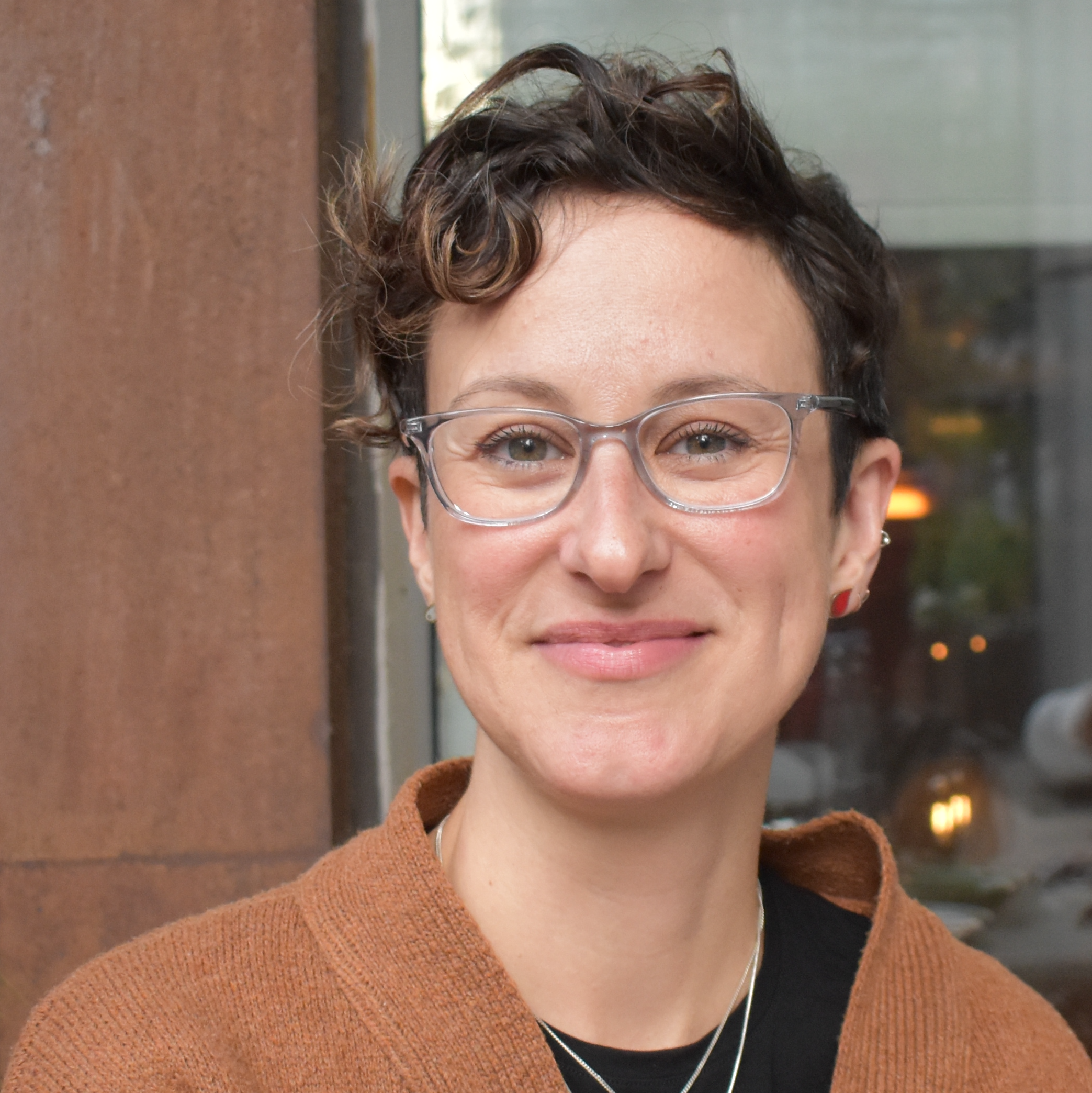
Dr. Katherine Entigar is an Assistant Professor of Critical Adult Education at the Ontario Institute for Studies in Education. Dr. Entigar is a member of the Adult Education and Community Development program in the Department of Leadership, Higher and Adult Education. Dr. Entigar's research examines adult immigrant learning and languaging in nonprofit and community-based learning contexts. Dr. Entigar teaches courses on adult education, multilingual and multidialectal meaning-making in adult learning contexts, and anti-racist and feminist approaches to settlement education. In addition to academic work, Dr. Entigar supports refugee-serving organizations in Toronto as a teacher, interpreter, and consultant to language learning programming for LGBTQ2+ refugees and multilingual community members.
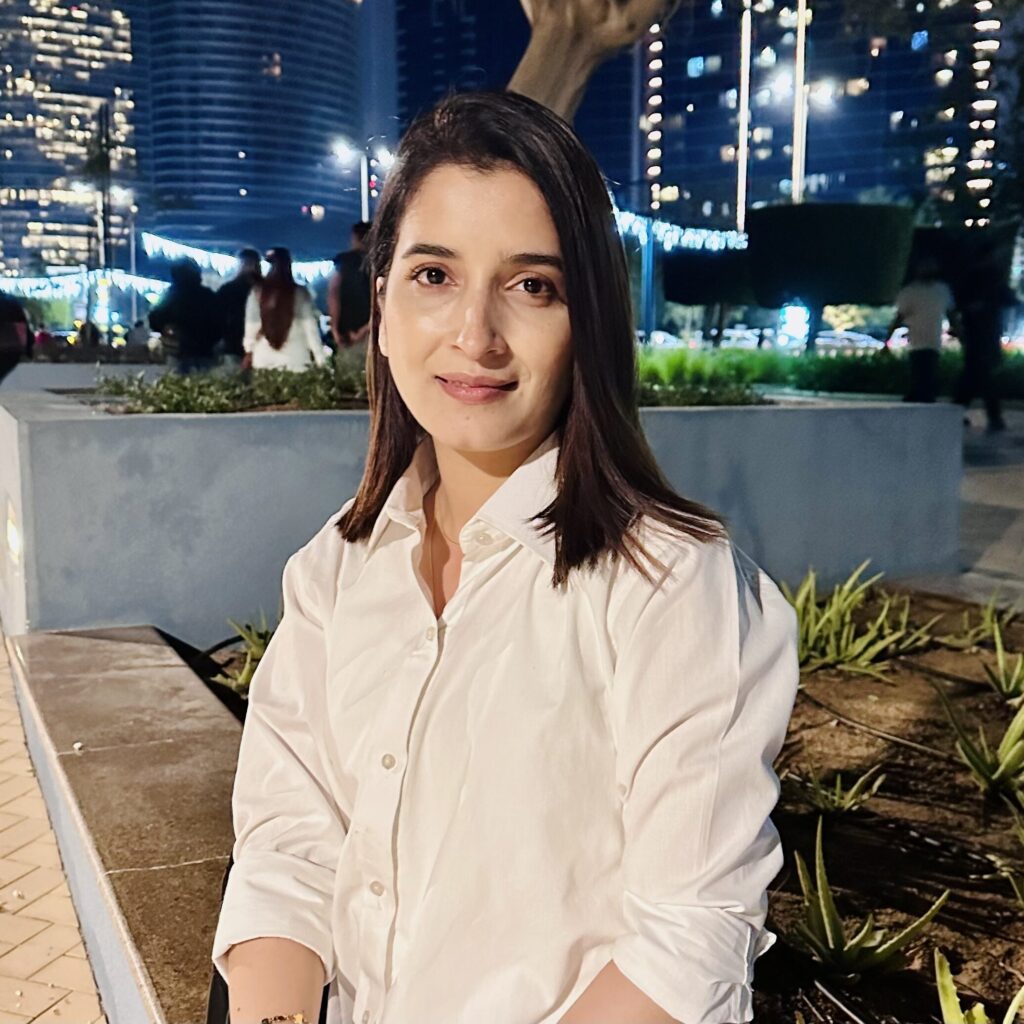
Bisma Faiz is a first-year PhD student in the Department of Politics at York University. She holds an M.Phil in International Relations and a Bachelor’s degree in Defence and Diplomatic Studies from Pakistan. Her research focuses on the intersection of gender and war, with a particular emphasis on how armed conflict impacts women’s political participation in conflict-affected regions. Bisma brings valuable experience from her teaching role at the only women’s university in Pakistan-administered Kashmir, a region marked by the ongoing conflict between India and Pakistan. Additionally, she has worked with the Women Parliamentary Caucus in the Parliament of Pakistan, contributing to initiatives aimed at amplifying women’s voices in governance. As part of her advocacy for gender equality, Bisma has interviewed civil society members, politicians, and feminist scholars for her WordPress blog and YouTube channel, shedding light on gender stereotyping in Pakistani society and raising awareness on feminist issues. Her broader academic interests include Gender and Politics, Feminist Theories, Security Studies, Arms Control and Disarmament, International Relations, and Foreign Policy Analysis. Bisma can be reached at: bismaf@yorku.ca
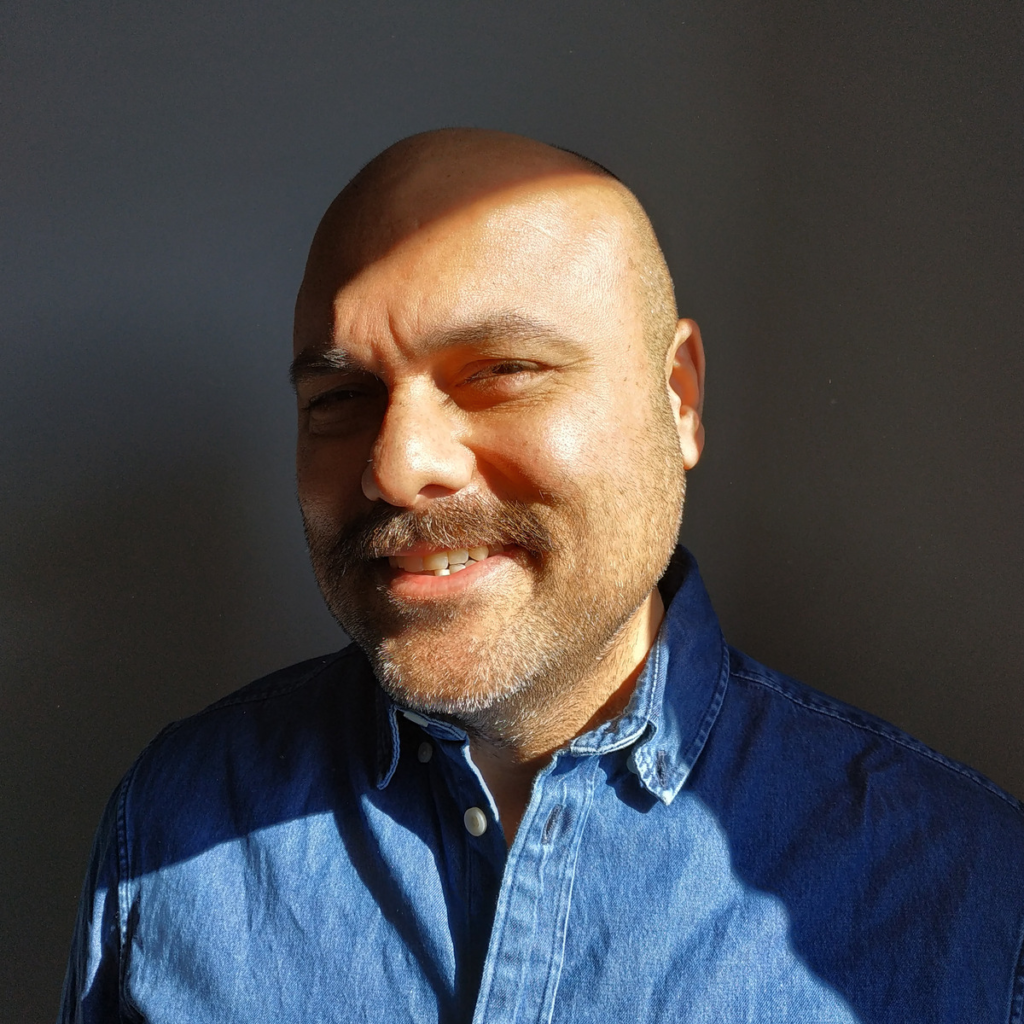
Dr. Salman Hussain is a Cultural Anthropologist with research interests in Human Rights and Social Movements, Gender and Sexuality Studies, Postcolonial Theory, Political Violence and Terror, and Law and Decolonization. Dr. Hussain has held research and teaching fellowships at York's Centre for Feminist Research, York's Department of Social Anthropology, The Graduate Center, CUNY, Max Planck Institute for Social Anthropology, and University of Massachusetts, Amherst. In his postdoctoral project, he studies new forms of queer activism at the intersection of liberal legality and sexual biopolitics in Pakistan. He examines how activism for demanding gender rights and contesting inequality and marginalization revolves around the evidentary politics of the body by traditional communities of khwajasaras. Hussain's project is a part of his long-term research and activist commitment with the khwajasara communities and follows their engagement with third gender laws in the country. His research has appeared in Political and Legal Anthropology Review, Postcolonial Studies, Identities: Global Studies in Culture and Power, and Anthropologica.
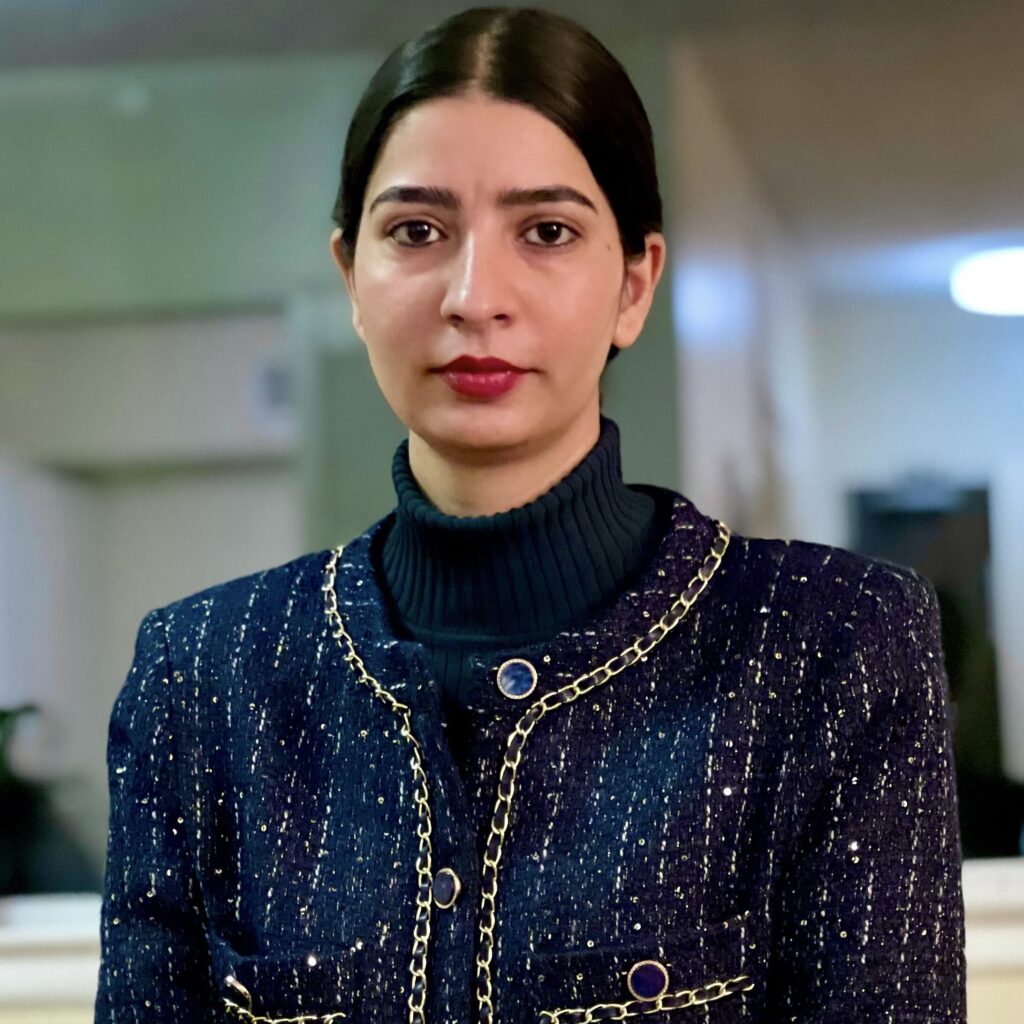
Navneet Kaur (she/her) is a PhD candidate in Gender, Feminist, and Women’s Studies at York University. Her research examines the experiences of Punjabi Women International Students in transnational marriage migration from India to Canada, focusing on their agency in the contexts of higher education, migration, and marriage. Her research investigates how digital technologies shape gender expectations and the strategies young racialized migrant women use to navigate the precarity in their lives. Her research interests encompass gender, migration, transnationalism, social reproduction, psychoanalysis, and immigration policies. She is the founder and president of the First-Generation Immigrant Students Club at York University, where she fosters spaces for advocacy and support for immigrant students.
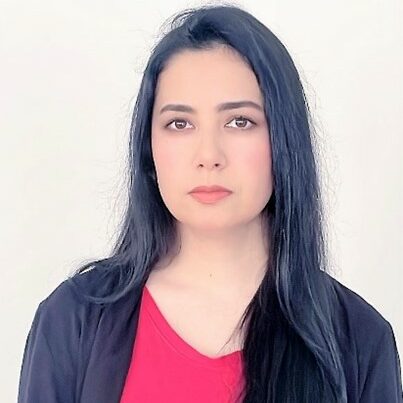
Najiba Khaliqi is an experienced professional with a strong and diverse background in the nonprofit sector, international NGOs, and global Aids development programs. With over six years of experience, Najiba has played a pivotal role in various initiatives centered around women empowerment, policy review, gender equality, human rights, and immigrant and refugee resettlement programs. Najiba holds a Master of Arts degree in Development Studies, specializing in Forced Migration and Human Rights, from York University. She has also completed certificate programs in Women and Gender Studies, Peace Building and Conflict Transformation, Leadership, Management, and Communication, as well as Restorative Justice and conflict resolution. Her research interests revolve around immigration, refugee resettlement, labor, human rights, women’s rights, war and conflict zone, peace, and policy development. Currently, her research focuses on the social, economic, and cultural integration of refugee women in the context of war and conflict, in collaboration with Queens University. Throughout her career, Najiba has been recognized for her academic excellence and dedication to her field, receiving prestigious awards and scholarships such as the Ontario Graduate Scholarship (OGS), Canada Graduate Scholarship Master - SSHRC, York Graduate Fellowship, and York International Student Scholarship. These accolades attest to her exceptional capabilities and commitment to making a positive impact. In addition to her professional endeavors, Najiba actively contributes to the community through volunteer activities. She has led research projects, organized impactful events, and actively participated in organizations such as the Center for Refugee Studies (CRS) and the Canadian Muslim Community Council (CMCC). She also serves as a research associate at the Centre Feminist Research (CFR), showcasing her dedication to advancing social justice and gender equality.

